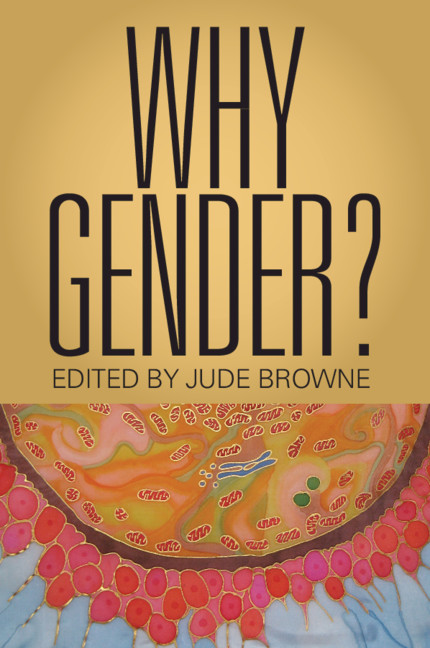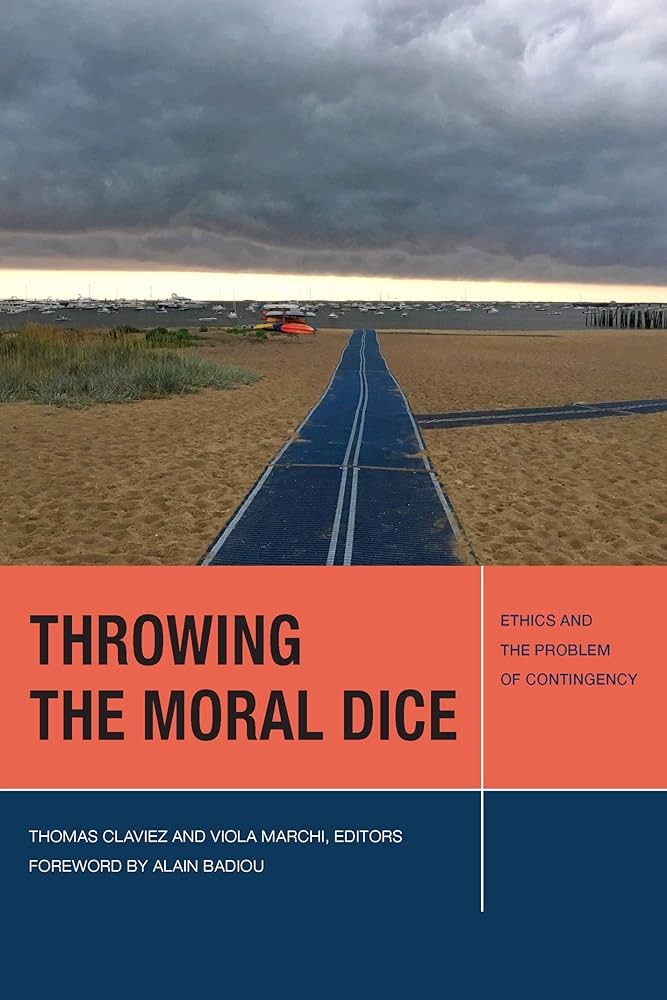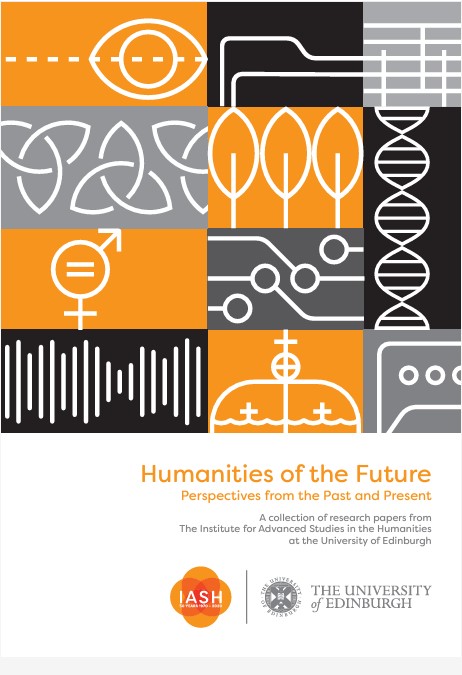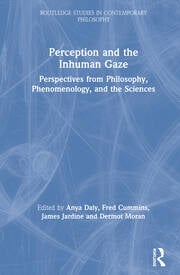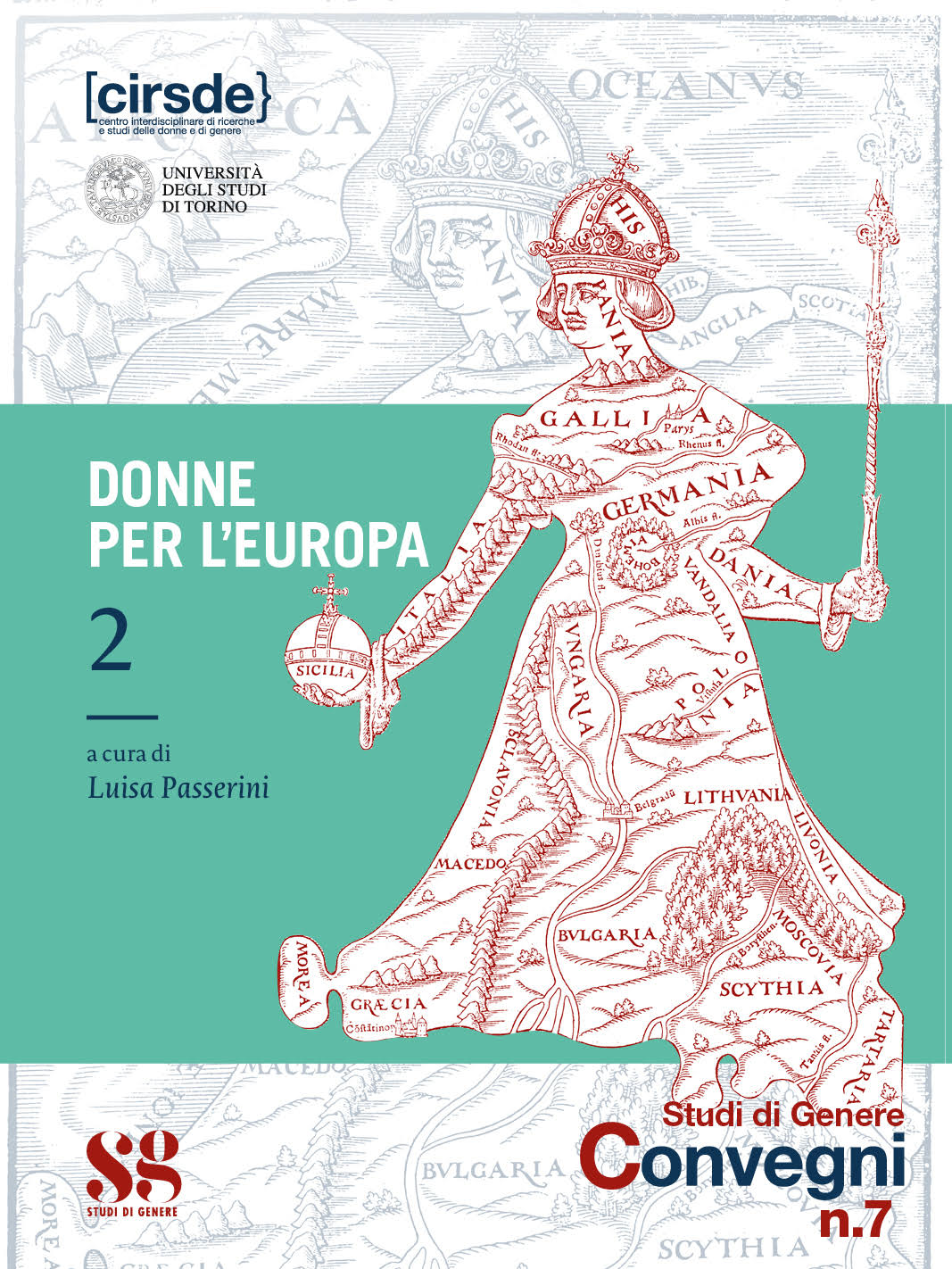
2021
Posthuman Feminism
In a context marked by the virulent return of patriarchal and white supremacist attitudes, a new generation of feminist activists are continuing the struggle: these are very feminist times. But how do these and other movements relate to the contemporary posthuman condition?
In this important new book, Rosi Braidotti examines the implications of the posthuman turn for feminist theory and practice. She defines the posthuman turn as a convergence between posthumanism on the one hand and post-anthropocentrism on the other, and she examines their complex relationship and joint impact. Braidotti claims that mainstream posthuman scholarship has neglected feminist theory, while in fact feminism is one of the precursors of the posthuman turn, through diverse social movements and political traditions. Posthuman Feminism is an analytic and creative response to contemporary conditions and a call to action. It highlights the constraints but also the potentialities available to feminist political subjects as they confront the ever-growing injustices of sexism, racism, ecocide and neoliberal capitalism.
This bold new text by a leading feminist philosopher will be of great interest to students and scholars throughout the humanities and social sciences.
2021
“Posthumanes Wissen”
2020
“‘We’ Are In This Together, But We Are Not One and the Same”
The COVID-19 pandemic is a man-made disaster, caused by undue interference in the ecological balance and the lives of multiple species. Paradoxically, the contagion has resulted in increased use of technology and digital mediation, as well as enhanced hopes for vaccines and biomedical solutions. It has thereby intensified humans’ reliance on the very high-tech economy of cognitive capitalism that caused the problems in the first place. This combination of ambivalent elements in relation to the Fourth Industrial revolution and the Sixth Extinction is the trademark of the posthuman condition. This essay explores this condition further, offering both critical and affirmative propositions for moving forward.
2020
“‘We’ May Be in This Together, but We Are Not All Human and We Are Not One and the Same”
There has never been a more urgent time to engage with the Environmental Humanities and the other Posthumanities. This engagement is creative as well as critical and it touches upon some fundamental issues within what I have called the posthuman convergence. That is the intersection of two concurrent but contradictory phenomena: the unprecedented technological developments that have also become known as the Fourth Industrial Revolution and the acceleration of the climate change emergency, also known as the Sixth Extinction. This complex intersection of events triggers multiple fractures, ethical dilemmas, affective perturbations, political concerns, and critical lines of inquiry. I have summarized them as the convergent critiques of Humanism on the one hand and the rejection of anthropocentrism on the other. This is neither a simple nor a harmonious intersection of critical lines, but rather an encounter fraught with painful contradictions and challenging problems
